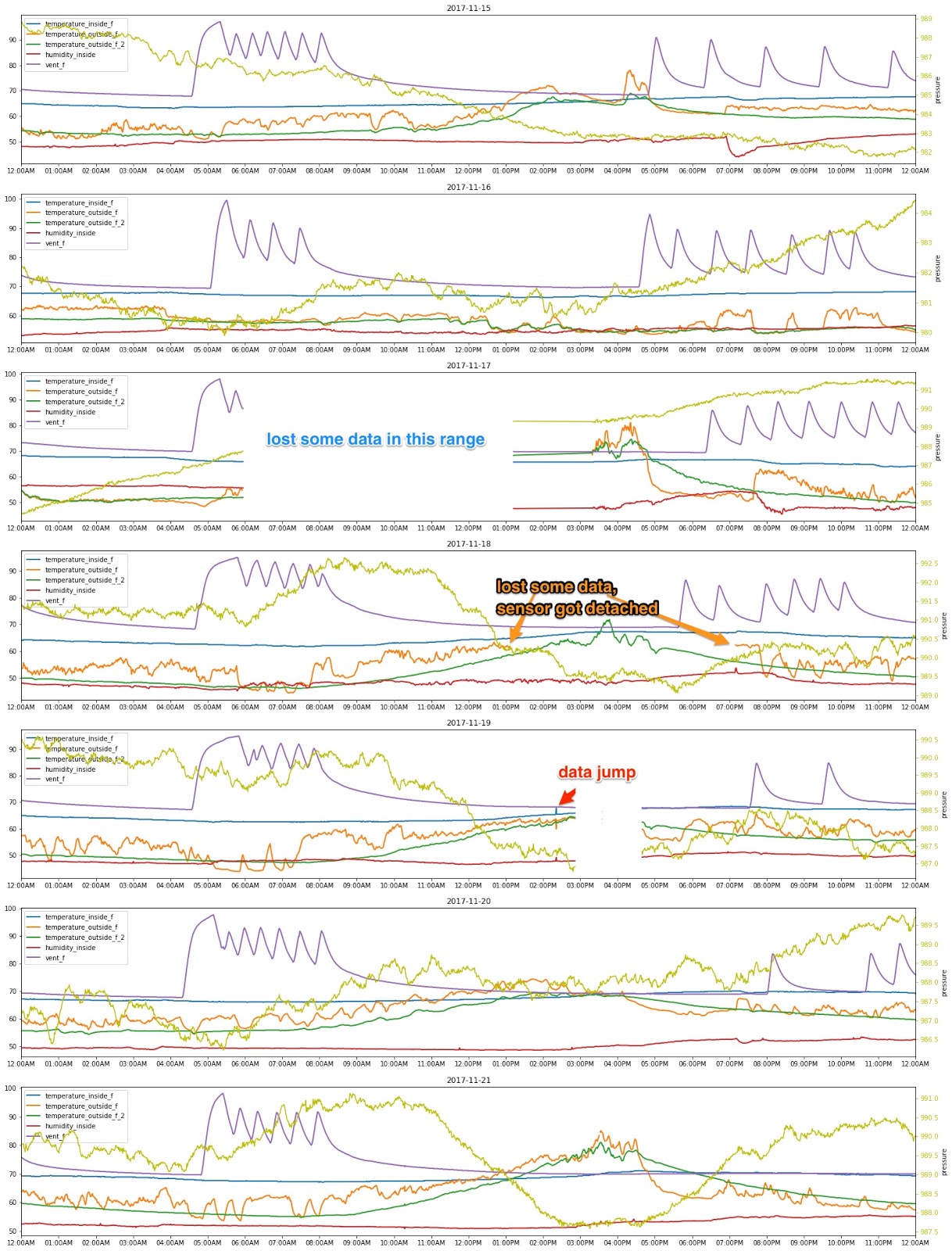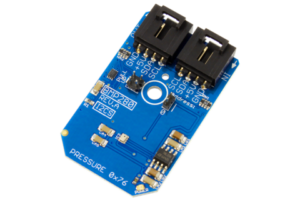Bad things still happen to people, even in this time of incredible technology and medicine. If you want to preserve your life, you need to listen to your body and know when it's time to act on symptoms. I put my health above most other things in my life, because I think that if I die, I lose my ability to act in this world. I also want to preserve my sensors (eyesight, hearing, sense of touch, etc.) so I can continue to sense the world as fully as I currently can, and preserve my actuators (legs, arms, hands, fingers, etc.) so I can continue to act in the world at least as fully as I currently can.
In this particular case, a man died from a tooth infection in 2011. His wisdom tooth starting hurting but he forwent a tooth-pull surgery because he had neither a job nor health insurance. His wisdom tooth got worse (either became infected or an existing infection spread) until he ended up in the emergency room. "[H]e received prescriptions for antibiotics and pain medications. Willis couldn't afford both, so he chose the pain medications." The tooth infection spread to his brain and he died. The article says that this has happened to people in the past, which indicates that this may have happened often and may still be happening today.
In that situation, I would have gotten the tooth pulled as soon as a dentist told me that's what I needed, even if I might be paying debt for some years to come.
In another case, a man had a lingering headache. OTC pain relievers didn't help and his eyes became sensitive to light, and he dismissed it as a migraine for a week before his girlfriend insisted that he go to a doctor. He's a salesman for a major pharmaceutical company, so he searched the internet and decided he knew what was wrong and what kind of drug he needed. He went to a walk-in clinic, and a doctor sent him to an opthalmologist (he was wrong about the diagnosis and treatment). The opthalmologist referred him to a neuro-opthalmologist, of which there are about 500 in the US. He has a very special problem to need such a rare specialist, and he had dismissed it as a migraine. After testing, they discovered that he has Neuromyelitis optica ("Devic's syndrome"), which is a rare autoimmune disease. "There are an estimated 4,000 cases of NMO in the United States..."
Pain is your body's way of telling you that something is wrong. If I have a mild headache for one day, I'll just wait it out. If I have a mild headache that lasts more than two days, I'll make a doctor's appointment. If I have a similar mild headache accompanied by the symptoms of a cold (rhinovirus) for two days, no doctor. If I have an extreme headache that lasts more than 2 hours and then tapers off, I'll make a doctor's appointment to get tested for an underlying problem. If I have a similar extreme headache but it lasts more than 2 hours and OTC pain-relievers don't help, I'll go to the emergency room. If I were alone and couldn't get myself to the emergency room and thought I would die without help, I would call 911. If I thought I might not die but I'm not sure, I'd call an advice nurse, but if I didn't have an advice nurse available, I'd still at least go to the emergency room ("better safe than sorry").
You may have access to more health support than you're aware of. I suggest you find out what services you have access to before an emergency situation occurs. Your local municipality may provide low-cost or no-cost health support. If you can't afford medical procedures or health insurance, fees may be reduced or waived. At least some colleges provide on-call advice nurse services to their students.
Listen to your body. Don't self-diagnose, and don't dismiss. The internet isn't a substitute for the educated opinions of medical professionals. Some people think doctors don't know much, but I doubt many of the people who think that know more than doctors know.





